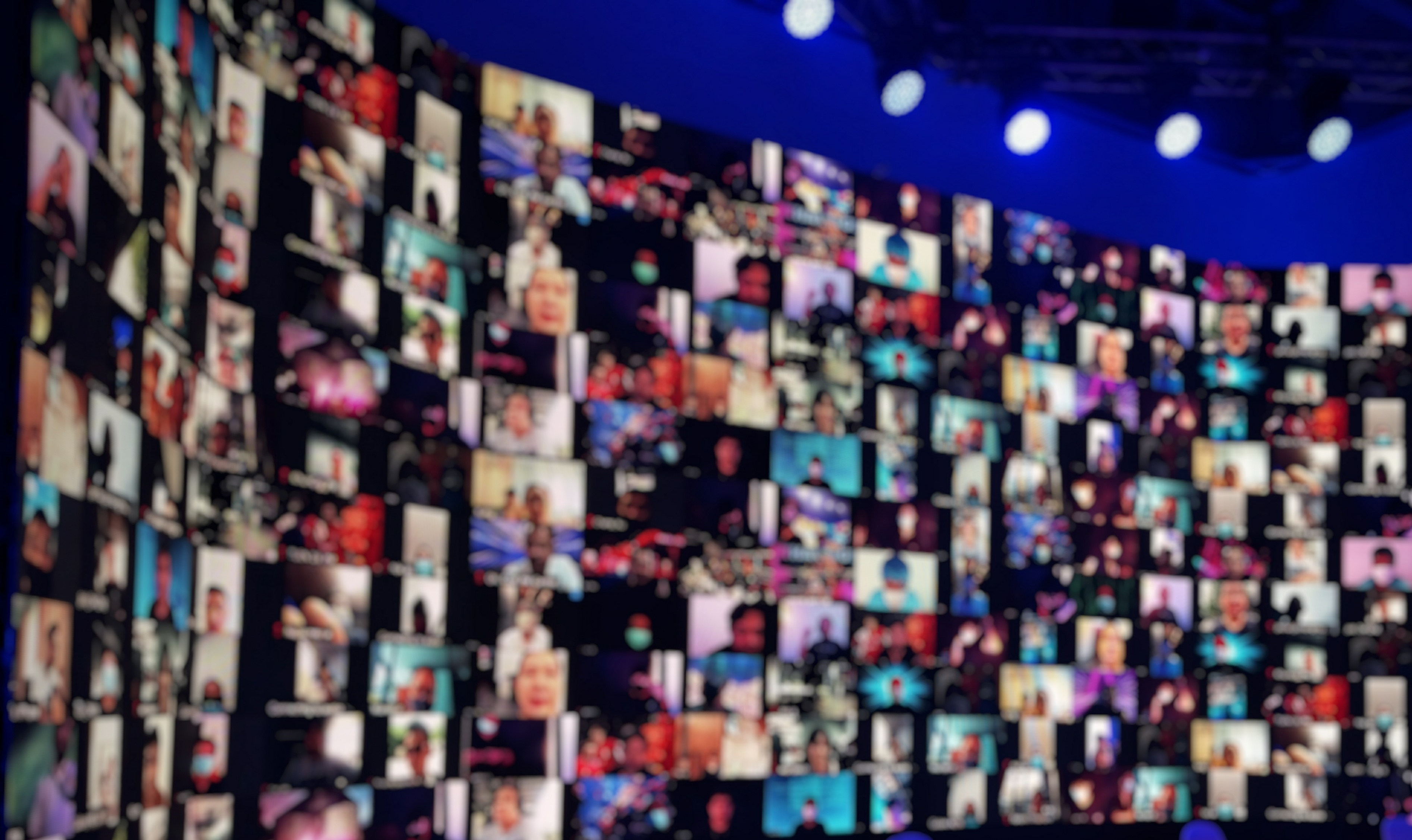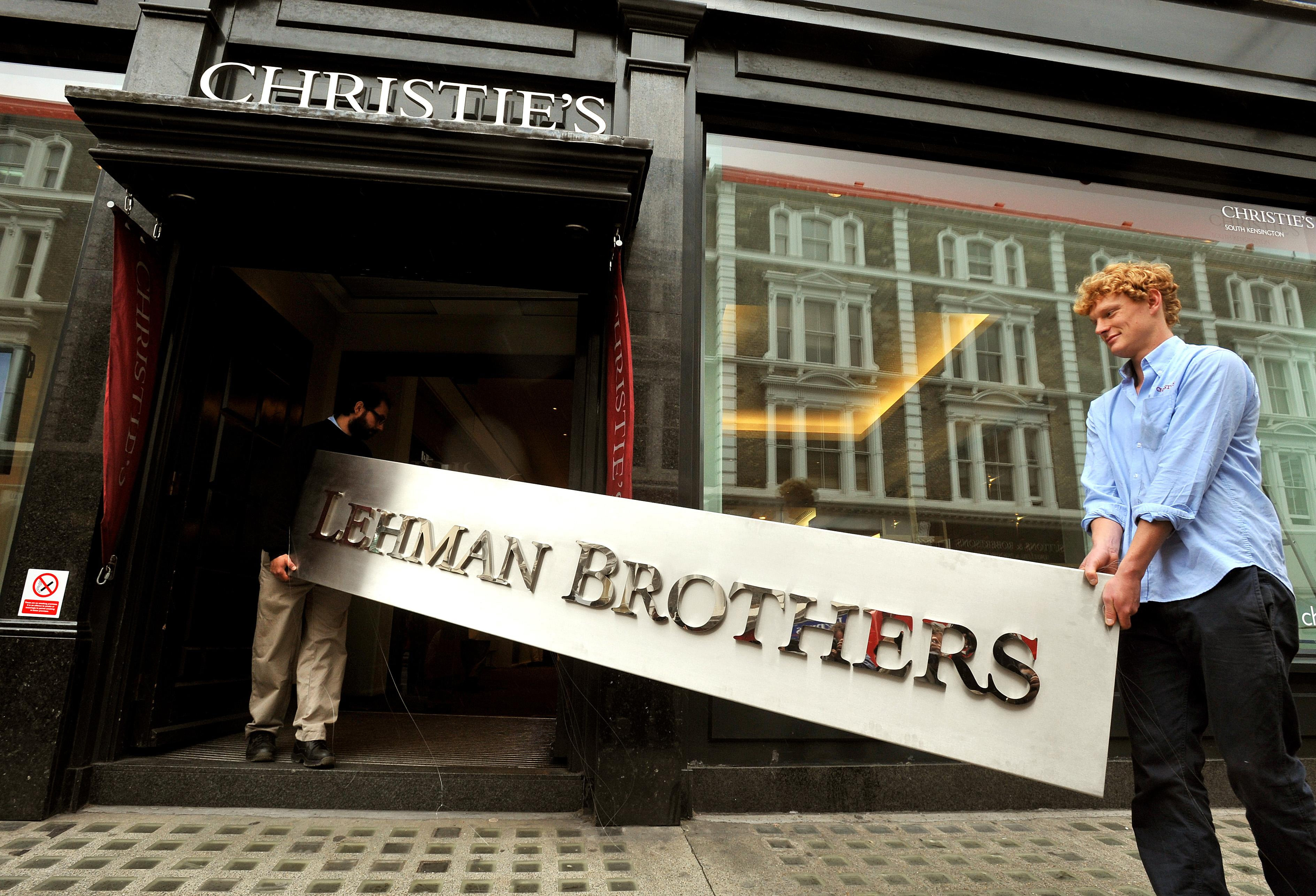
The ‘Decade of Disruption’ is a taste of the future

When we join the dots on the upheavals of our time it becomes clear we are in a transformational era – order vs freedom, adaption vs nostalgia
Published 10 January 2020
Disruption is the word of our times.
It’s being used to label any number of challenges to the status quo that seem to be dismantling or reconfiguring nearly every aspect of our politics, society and economy.
From disruptions to retail and taxis by Amazon and Uber, all the way up to Trumpian dislocations of democracy, the predicted chaos of climate change and the job loss fears associated with the rise of artificial intelligence, the constant churn of big change in the early 21st century appears never ending.

Commentators are now predicting that the so-called ‘Decade of Disruption’ we’ve just experienced is only a foretaste of what is to come.
But how should we understand what is going on? Is there an underlying pattern to 21st century disruption that we can read and use to predict our future direction?

Is this just another time of challenge to the Establishment like that of the 1960s that will eventually pass and settle down? Or is there something extraordinary and underlying going on comparable to the epochal shifts of the Great Enlightenment or Industrial Revolution?
I’d argue that we are indeed facing another just such another shift that will have huge and radical implications.
The complex interplay between globalisation and the internet in the past two decades has radically shifted the dynamics of social, political and economic events.
This has created the conditions for self-perpetuating, ongoing radical change whose consequences will become even more disruptive, and potentially violent.
Society is increasingly cleaved between those who accept and adapt to disruption, and those who aggressively seek to resist it.

One irony is that despite the widespread commentary around ‘disruption’, it has been hard for commentators to pinpoint its exact contours. This has made it difficult to find a conceptual grounding to link our times to previous eras of historical transformation.
Instead, analysis has been largely narrow and fragmented.
Typically, it has focussed on significant changes occurring in a particular economic, technological or communications system, obscuring the broader picture.

Politics & Society
Bringing democracy to the internet
But when we take a step back, we can detect an underlying pattern which allows us to see how and why the last two decades herald a transformational change.
The meta-drivers of the current disruption – the globalisation that picked up pace in the 1990s and the rapid rollout and endlessly reconfiguring internet in the 2000s – appear in themselves benign. This is another reason why comparisons with previous transformational historical shifts are being overlooked.
But the key effect has been to super-scale, super-speed and super-complexify the nature and dynamics of economic, political and social activity.
Any number of commentators have recognised this unique ‘superfication’ of the 21st century, but they mostly describe and analyse these dynamics in isolation from each other.

They focus narrowly, for example, on our internet-driven super-speed (the Age of Acceleration), or the super-scale of change now driving financial flows and our climate, or contemporary society’s mind-boggling complexity as groups and individual identities fragment.
This misses the fundamental point that these forces aren’t separate but continually combining in various, far-reaching permutations.

Politics & Society
The thin line between fake and fact
In this new era – what I call Radical Modernity – super-speed and super-scale have in a sense created a super-momentum, speeding massive change at increasingly unprecedented and unpredictable rates.
This leap in the speed, scale and complexity of change confounds and undermines the authority of our existing political and economic institutions that were created to manage and steer the comparatively more languid and predictable change of the 19th and 20th centuries.
The impact of disruption has been compounded by the West’s almost mystical faith in its liberal democratic and market systems, which only thirty years ago were universally viewed as the best and only way to manage the 21st century.
As a result, the democratic and market failures being experienced in the West are seen in piecemeal terms, or blamed on poor leaders, instead of being seen as a warning that our systems are no longer fit for purpose.

The Enlightenment of the 18th century was many things, but in essence it radically broke down the barriers to knowledge and information, promoting transparency and questioning in the same way the internet has done.
This led to the same undermining of trust in established authority as we are now seeing in the 21st century. The Enlightenment spawned the French Revolution and later the nationalist and liberal revolutions in Europe of 1830 and 1848.

Politics & Society
The last election where anyone cares?
And just as the Industrial Revolution fundamentally reshaped the nature of economic activity, dismantling established economic privilege and power, so too has the digital transformation radically lowered the entry barriers to market power.
New players – the likes of Facebook and Amazon – have rapidly scaled up and transformed economic production and consumption patterns.
The other key comparison with today’s disruption and previous transformational eras, is the level of rejection and resistance to change we are seeing. Whole swathes of society are struggling to come to terms with what is going on.
But this disorientation is arguably more widespread and deep-seated in our era because the rate and depth of transformation is so much faster and bigger than in the past.
This understandable, but virulent, rejection of the present disruption is being expressed through a mental retreat into nostalgia and fact-free beliefs.

Those who feel alienated and excluded by Radical Modernity are increasingly drawn to leaders and organisations that promise to reassemble the disconnected nature of the 21st century world through simplistic ‘solutions’.
We see this in the rising popularity of strongman politics as well as right-wing extremism, together with the growing trend among young people in the West to favour of authoritarianism over democracy.

Politics & Society
What is the law when AI makes the ‘decisions’?
Economically, we detect it in the easy and widespread acceptance of market-driven algorithms that seek to order digital information and organise consumer choice into bite-sized ‘convenience’. But in doing so we are destroying the liberal values that protect privacy and freedoms.
While we might not see it, we are actually at a fork in the road between order and freedom, expressed by the emerging chasm between those opposed to the current disruption and those prepared to adapt to it.
Progress during previous transformations was often a close-run thing. Mass political movements, violently rejecting the disruption of Modernity, sought to reassert the primacy of the past, like the reassertion of Monarchical power after the Napoleonic Wars, or in the 20th century when fascism emerged in opposition to liberalism.
It may well be that this time many more will opt for order and reversal over freedom and progress. In which case the conflict that we are now seeing between the past and its successor – Radical Modernity – may only just be starting.
The stakes couldn’t be higher.
Banner: Getty Images
